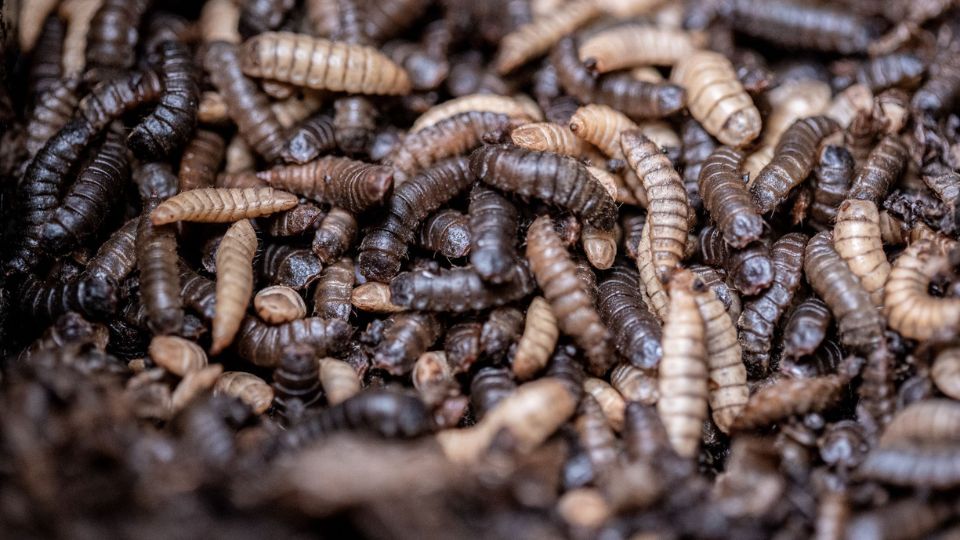10,000 tons: what we know about the largest insect factory in Northern Europe

The Danish start-up Enorm Biofactory’s plant will start production in February.
The 22,000-square-meter factory is expected to produce an annual output of 10,000 tons of black soldier fly larvae (BSFL) derived insect meal annually, with a daily capacity of 100 tons.
GlobalPETS learned that the factory, located in the East Jutland metropolitan area in Denmark, is expected to start production in mid-February 2024 and supply its first products in April. The plant is planned to be fully operational by the beginning of H2 2024.
Enorm places value on upcycling “low-value products” into “high-value proteins” and hopes that locally produced insect meal eventually replaces all global protein imports.
“We have tested our products with customers for fish, pigs and poultry, and sold insect meal for pet food customers as well. We expect to supply all these relevant markets when we are at scale,” explains the company’s COO, Jane Lind Sam, to GlobalPETS.
The company will receive by-products from the food industry. Their partnership with dairy company Arla Foods Ingredients will help the dairy company reduce its food waste by 16% as its by-products will be converted into insect meal rather than being sold for biogas.
“We hope that more Danish food producers will take responsibility for recycling nutrients through larvae because circularity is one of the keys to developing a sustainable food industry,” adds Enorm’s Co-Founder and CEO Carsten L. Pedersen.
Increasing R&D capabilities
Once the expected output is achieved, the factory will also be used as a research and development (R&D) center and training facility.
Enorm plans to build more factories in new markets, but no more details are currently known.
DLG Group, considered the largest agribusiness company in Europe, became a co-owner of Enorm after the company raised DKK 30M ($4.3M/€4M) in 2022 in a bid to scale its production 70 times.
